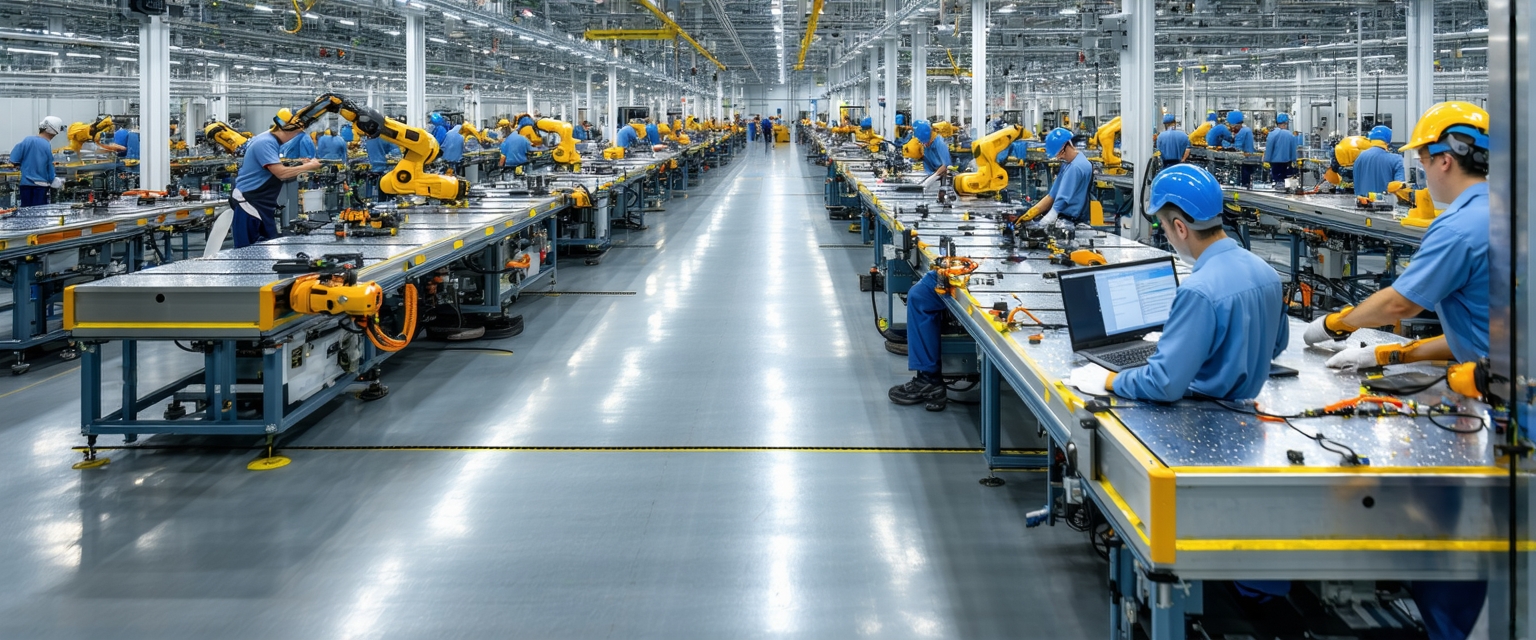






Smart manufacturing continues its rapid evolution, driven by advancements in artificial intelligence (AI), machine learning (ML), and the Internet of Things (IoT). Recent developments promise to significantly enhance efficiency, productivity, and sustainability across various industries.
The foundation of smart manufacturing lies in the digitalization of industrial processes. This involves connecting machines, systems, and data streams to create a comprehensive, interconnected network. This network allows for real-time monitoring, data analysis, and autonomous decision-making.
Traditionally, manufacturing relied heavily on manual processes and reactive maintenance. Smart manufacturing shifts this paradigm toward predictive maintenance, optimized production schedules, and proactive quality control.
Recent breakthroughs in AI and ML are fueling the next wave of smart manufacturing innovation. Advanced algorithms are enabling more accurate predictive maintenance, leading to reduced downtime and increased equipment lifespan.
Furthermore, the integration of computer vision is improving quality control processes by automating defect detection with greater accuracy and speed than human inspectors. This also allows for real-time adjustments to production parameters, ensuring consistent product quality.
The impact of these advancements is substantial. Businesses are experiencing improved efficiency, reduced operational costs, and increased profitability. Faster production cycles and minimized waste contribute to enhanced sustainability goals.
Moreover, enhanced safety measures stemming from real-time monitoring and predictive analysis are creating safer work environments for employees. Smart manufacturing is not only improving bottom lines, but also improving the overall well-being of the workforce.
Future developments will focus on further integration of AI, edge computing, and advanced robotics. This will enable even greater levels of automation and self-optimization within manufacturing environments. The development of digital twins, virtual representations of physical assets, will become increasingly prevalent for simulation and optimization.
The widespread adoption of blockchain technology also holds promise for improving supply chain transparency and security, further enhancing the efficiency and reliability of smart manufacturing processes.